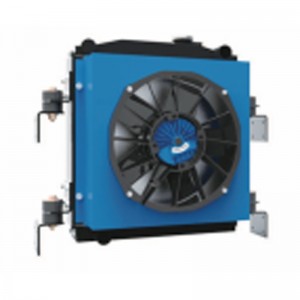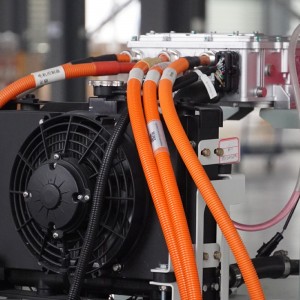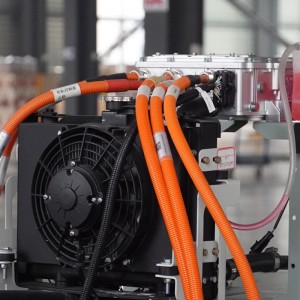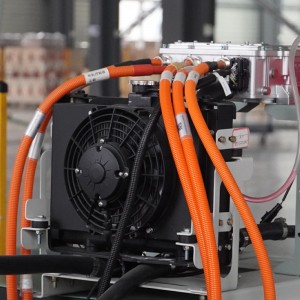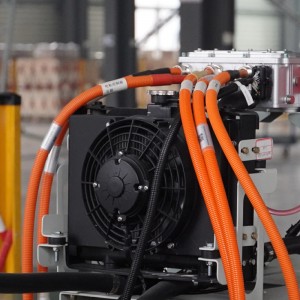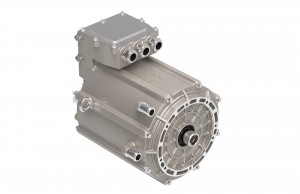The thermal management in electric vehicles powered by batteries is important in that it affects the performance, reliability, and robustness of these vehicles. Electric vehicles need optimal temperatures (neither warm nor cold) to run efficiently. The optimum temperature is essential for the proper working of the battery pack, power electronic systems, and motor in the electric vehicle.
Battery Thermal Management
The performance, service life, and cost of the battery packs and electric vehicles have a direct dependency. The availability of discharge power for starting and acceleration, charge acceptance during regenerative braking, and the health of the battery are at their best at optimal temperatures. As the temperature increases, the battery life, electric vehicle driveability, and fuel economy degrade. Considering the overall thermal effect of the battery on electric vehicles, battery thermal management is critical.
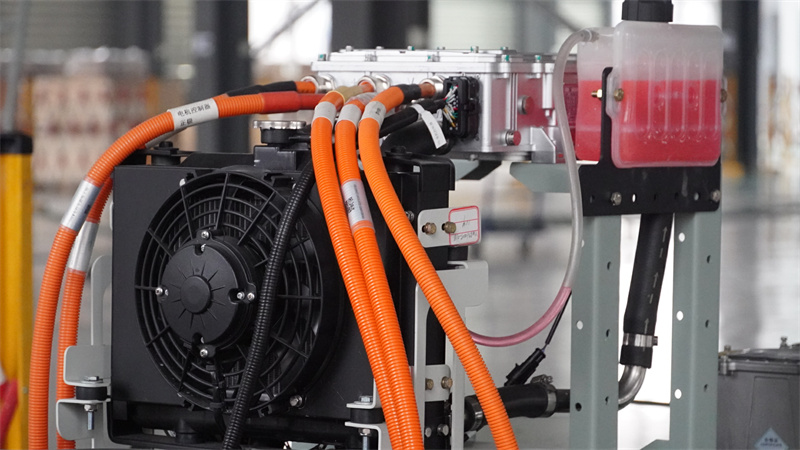
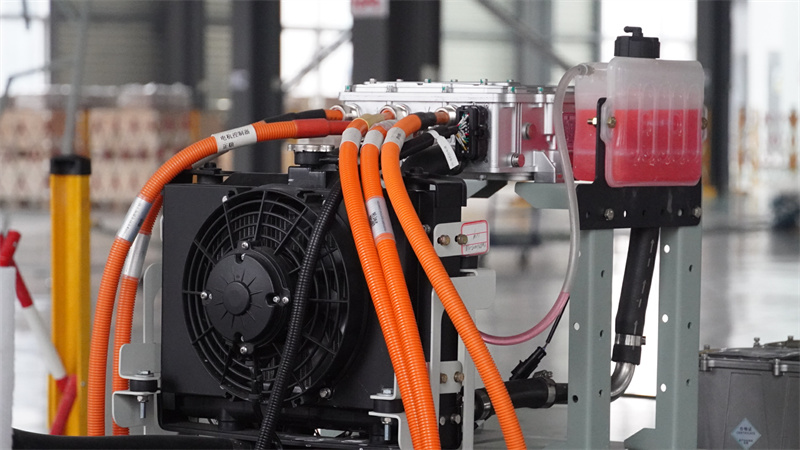
Thermal Management of Power Electronic Systems
Power electronic systems are responsible for controlling electric motors. Power electronic systems operate in line with the electric vehicle control system and drive the electric motor according to the control instructions. DC-DC converters, inverters, and control circuits in the power electronic system are vulnerable to thermal effects. While working, the power electronic circuits generate heat loss, and proper thermal management is essential to release the heat from the circuit and associated systems. If the thermal management is improper, it can result in control glitches, component failures, and vehicular mal-operations. Usually, the power electronic system is connected to the electric vehicle’s cooling system to maintain optimal temperatures.
Thermal Management of Electric Motors
Since the wheel movement of electric vehicles is motor-driven, the working temperature of the electric motor is critical to the performance of the vehicle. With increasing load, the motor draws more power from the battery and heats up. The cooling of the motor is necessary for its full performance in electric vehicles.
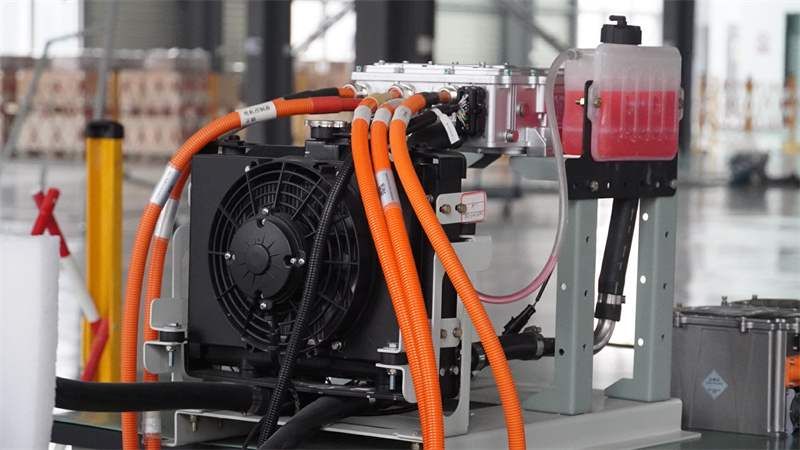
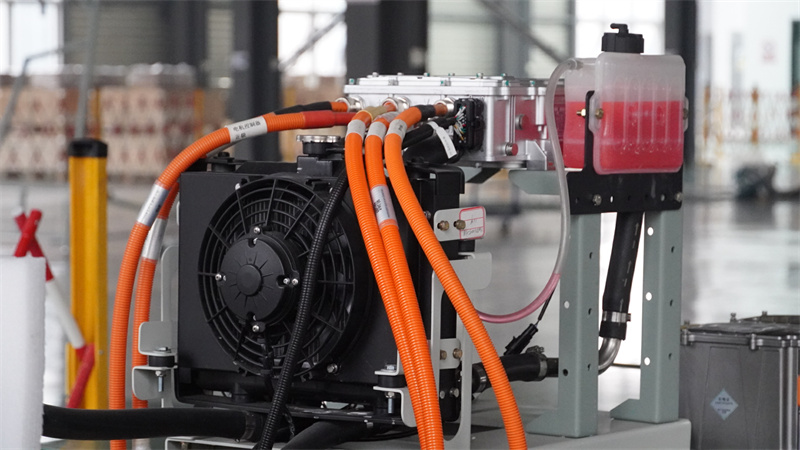
Cooling Loop in Electric Vehicles
For a high level of efficiency in electric vehicles, optimal temperature maintenance is essential. The optimal temperature is regulated by the cooling system of the electric vehicle. Usually, the cooling system regulates the vehicle temperature, which includes the battery pack temperature, power electronic-based drive temperature, and motor temperature. In the cooling loop, a coolant is circulated using an electric pump to cool the batteries, electronics, motor, and related systems. In electric vehicles, radiators are used in the cooling loop to release heat to the ambient air. The air conditioning system is used in electric vehicles to cool down the systems within the cooling loop and evaporators are incorporated to remove heat from the cooling loop.
YIWEI's radiator solutions are designed to meet the demanding requirements of modern EVs, with high efficiency, reliability, and durability. Their radiators are compatible with various EV architectures and can handle different cooling requirements, making them a versatile choice for a wide range of EV applications.
YIWEI's radiators are also designed to be easy to install and maintain, providing an efficient solution for automakers.
YIWEI's radiators are made of high-quality materials and construction to withstand the harsh conditions of the road. They are also rigorously tested to ensure they meet the highest quality standards. YIWEI's radiators are compatible with various types of EVs.







